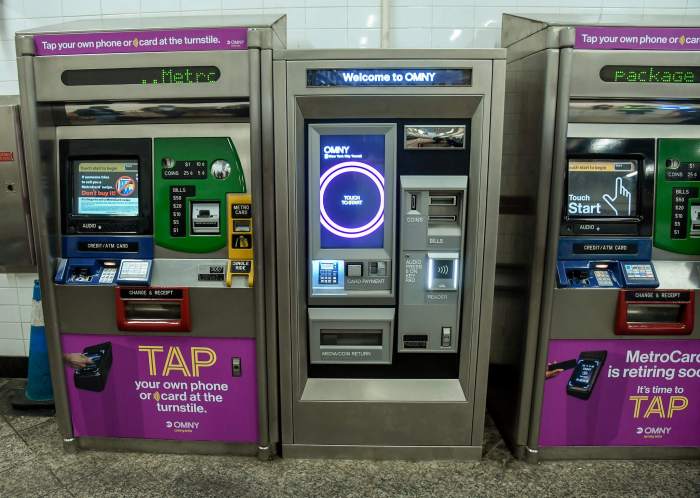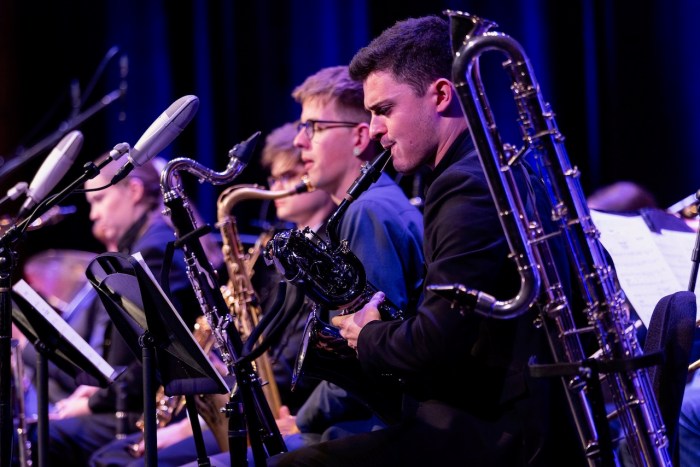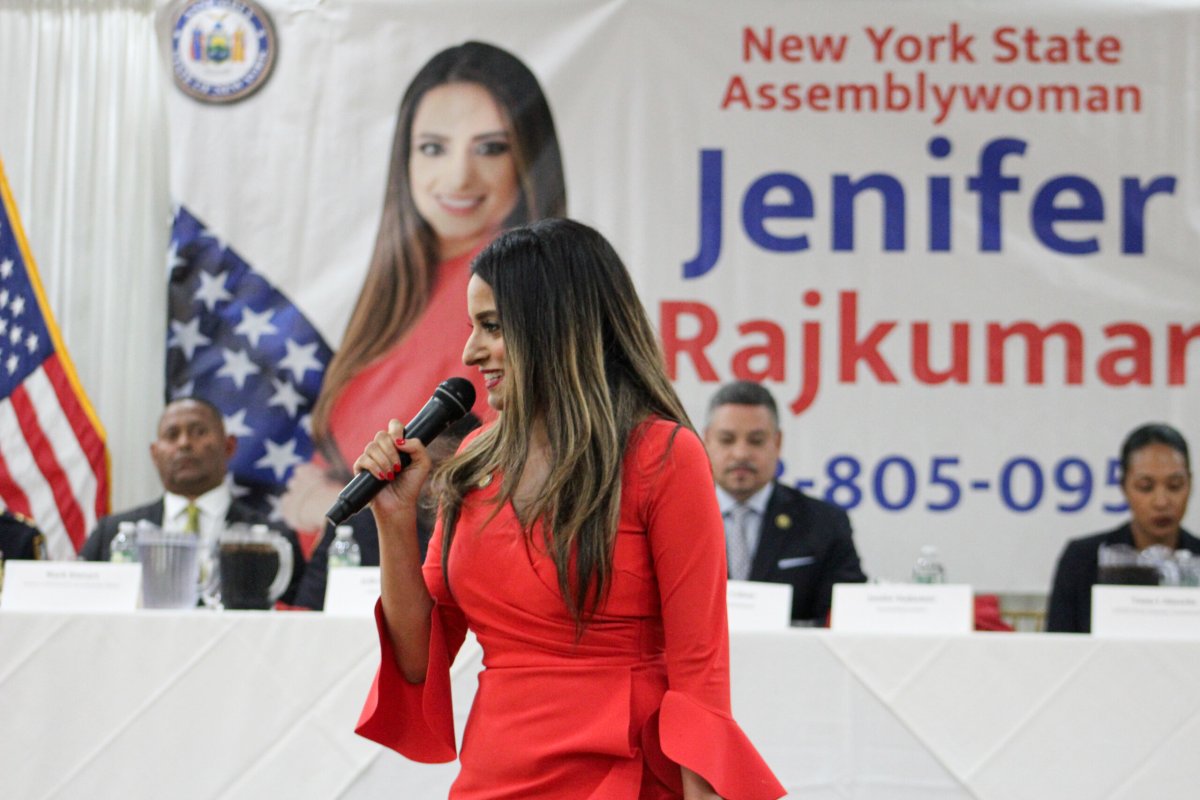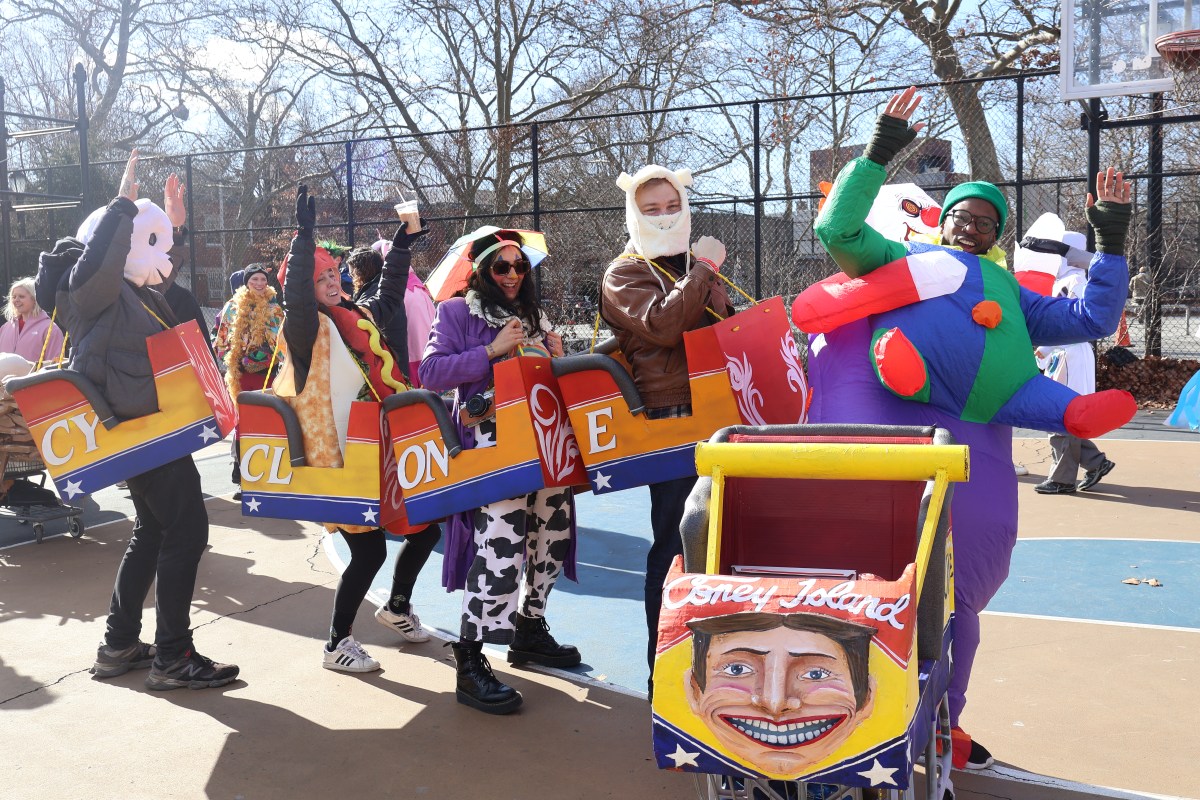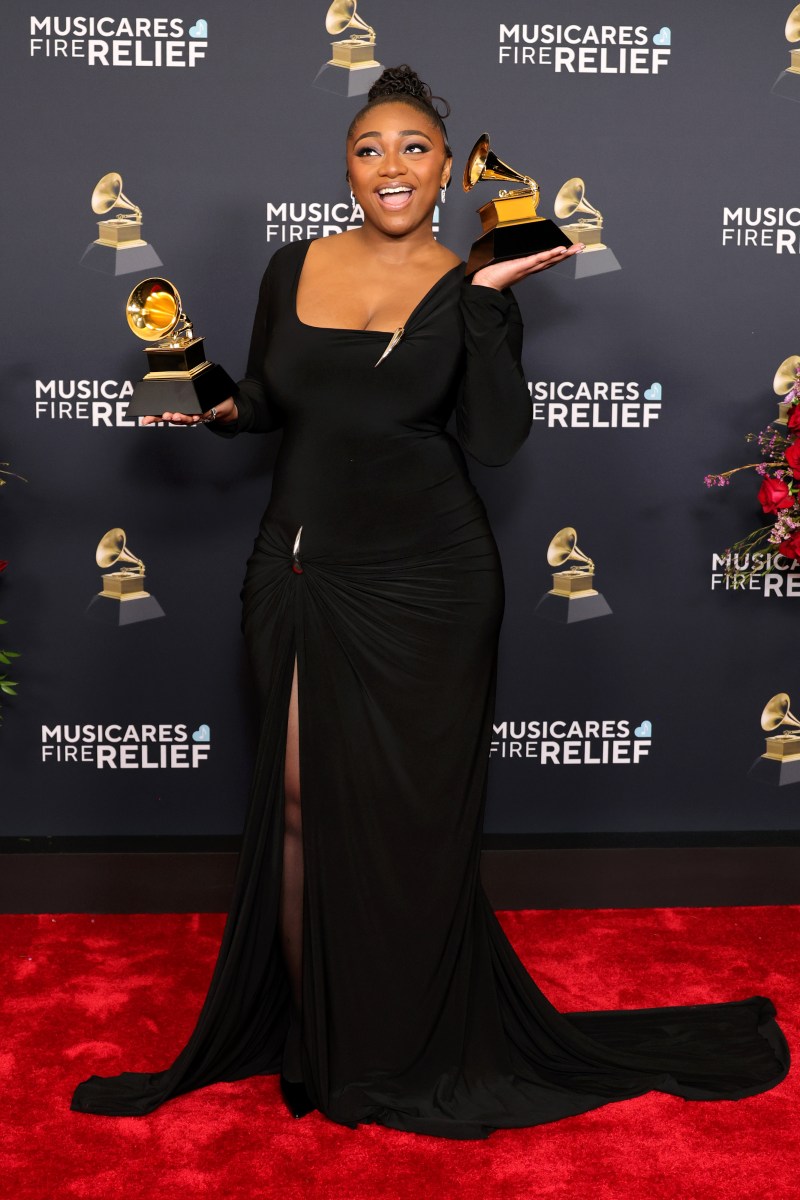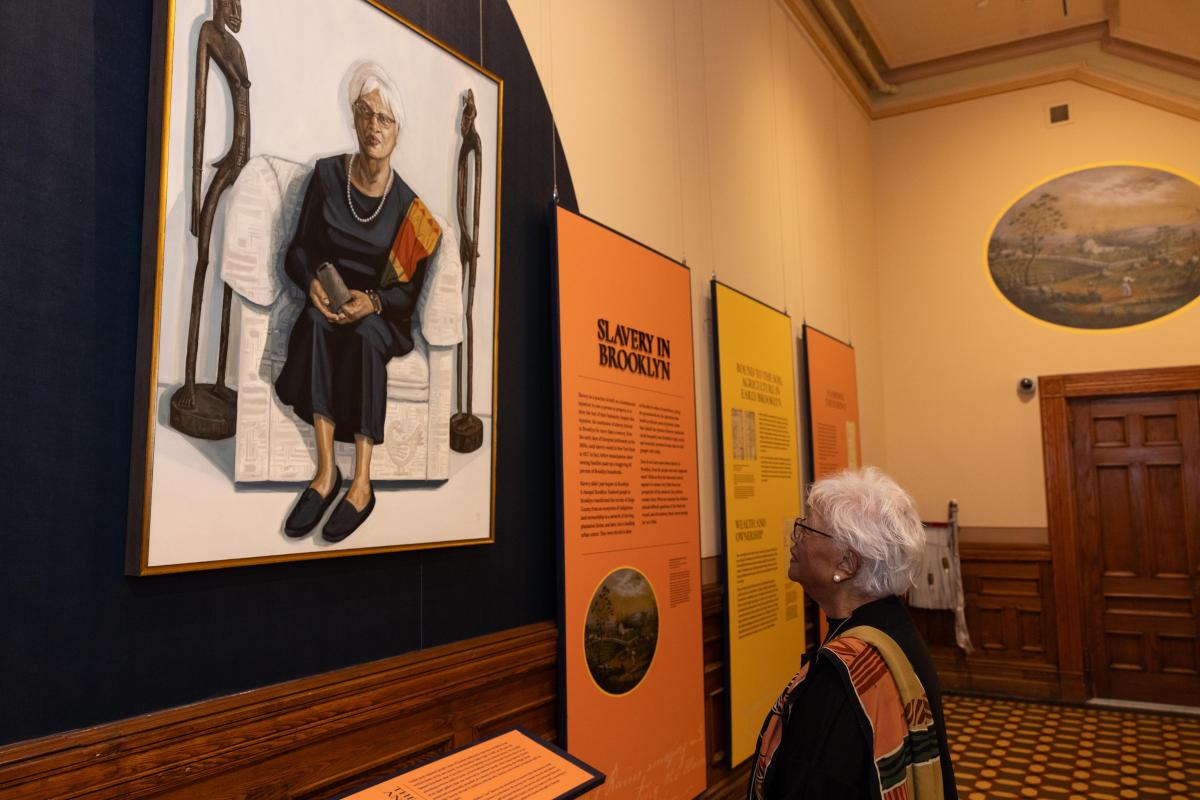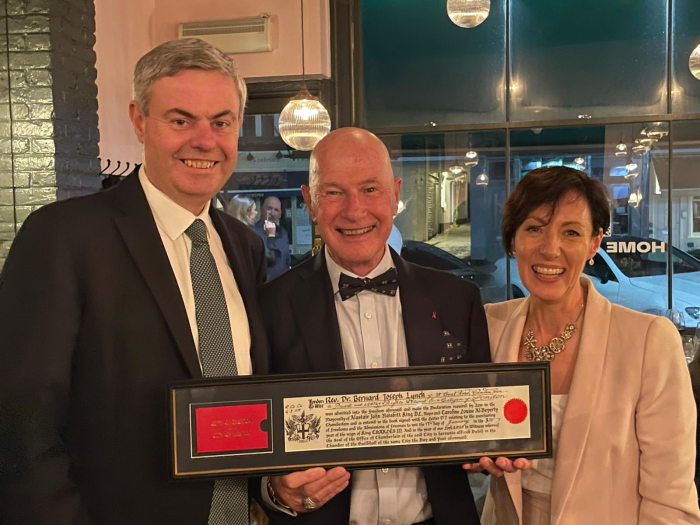The ever-expanding debate around policing doesn’t offer ready-made solutions. But a supposed panacea for police brutality that’s gained traction among reformers and officers is that slapping body cameras on cops will clear things up.
Don’t believe the hype.
Federal authorities have largely embraced body cams. Two years ago, the NYPD began the process of its pilot body-cam program, partly funded by the controversial nonprofit Police Foundation. With that program over, and no officers wearing cameras today, the NYPD is slowly devising an expanded system that would satisfy a court order mandating the program.
A reason the process is moving so slowly (too slow, for example, for Deborah Danner, the Bronx woman killed by a cop last week) is because the NYPD is in the driver’s seat. No final policy is in place, the NYPD has been vague about some aspects of the camera policy, and it says officers should view camera footage before making statements.
Body cameras also will be a cash cow. As of now, Vievu has won a bidding war over Taser International for the right to equip the department. At a recent procurement hearing, the NYPD wouldn’t allow the media to make copies of the Vievu-NYPD procurement proposal. And note the NYPD is in a legal battle with NY1 News over access to body-cam footage — demanding the cable news channel pay $36,000 to see it.
Professor Alex Vitale of Brooklyn College, who has written on police power and militarization, says body-cam “mechanisms for accountability” are “sorely lacking.” While departments gain through higher “police budgets and enhanced surveillance capacities,” he says money would be better spent on “youth jobs programs, community mental health services and affordable housing instead.”
There’s another option for documenting police: cop-watching, or filming police ourselves. In the hands of cops, cameras become surveillance. While not every interaction can be filmed, cameras in the hands of the public aren’t controlled by police.
More important, it’s amateur videos that have fueled a larger movement to hold cops accountable. Put your money on that.
Josmar Trujillo is a trainer, writer and activist with the Coalition to End Broken Windows.





